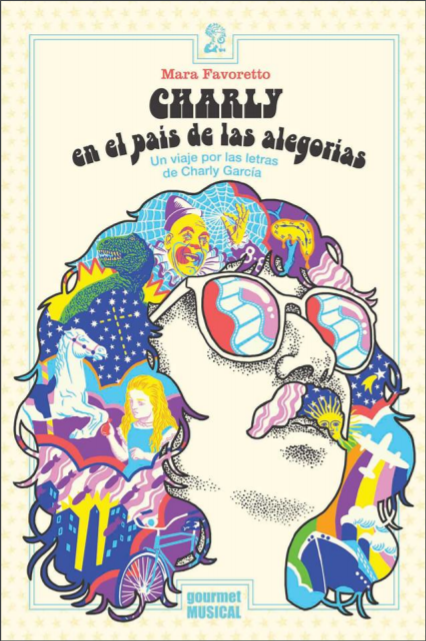Popular Music and Resistance in Latin America
Applying methodologies from the fields of cultural studies, critical analysis of discourse and literary studies, this research examines the lyrics and visual images of key popular music genres and highlights their interactions with their social, political and economic contexts.
The cultural geography of a country or region is determined by subcultural identity groups: and can be mapped according to the cultural production – for example, pop music genres – associated with each of those communities.
This project takes Argentina as a case study. It explores the rhetorical strategies and the narratives circulating dissident groups, artists, writers, musicians and people in general, as well as official discourses.
Publications so far analyse the official discourse against dissident literature during military dictatorships (2010), the work of rock composer and performer Charly García as an allegorist (2014) and of musician Luis Alberto Spineta as a mythologist (2017).
Current work studies the construction of popular songs in the post-dictatorship and then neoliberal contexts. New underground spaces witnessed the development of punk, post-punk and pop genres.
This cultural explosion also brought significant changes to the lyrics of the songs in these genres, now having irony, sarcasm, grotesque and playful images. Some of these also spoke about the self as an individual, leaving behind the social and communal messages of rock songs, and highlighted hedonism, pleasure, sexual encounters and fun times.
Though apparently superficial, these songs marked a fracture with the past and tried to join those young people who no longer engaged – or never did – with the political aspects of Argentine rock.
-
Front cover of Dr Mara Favoretto's book 'Charly en el pais de las alegorias' -

Argentine rock musician Fito Paez in a live concert. -

El Ateneo bookstore, in a building that used to be a theatre (Buenos Aires). -

Argentine rock musician Charly Garcia in concert, Creative Commons: Christian Cordova. -

Not an uncommon scene in Buenos Aires: a protest in front of the historical building, Cabildo. -

Bar in Plaza Serrano, in the heart of Palermo Soho, in Buenos Aires. -

One of the many antique shops in San Telmo, Buenos Aires.
